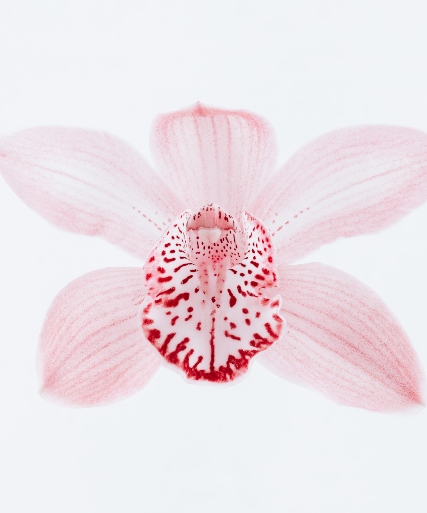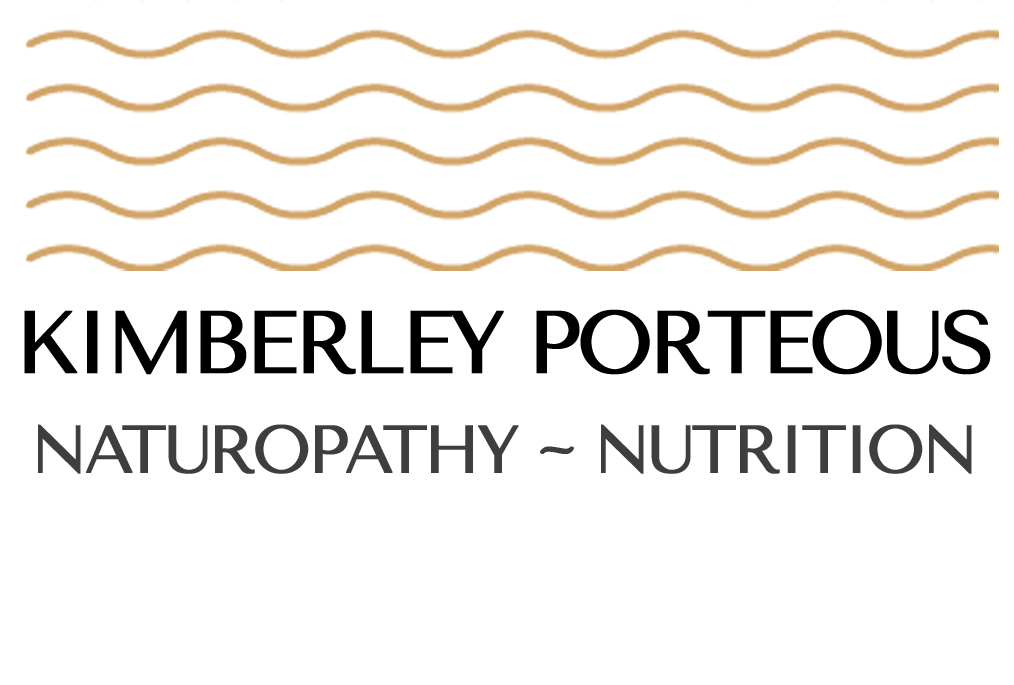
Lichen sclerosus treatment can ease symptoms and strengthen your immune response to improve your outlook.
Do you have a really, unbearably itchy vulva (vaginal opening)? With burning pain?
Does your skin down there feel papery-thin, and does it ever crack or bleed, particularly during sex?
Does it hurt when you wear tight pants or jeans? Or when you exercise? Or urinate?
Maybe you’ve even held a mirror down there and seen some thicker white patches, shiny crinkly skin, cuts or scars around your vaginal opening and anus?
If you’ve got many of these symptoms and no discharge*, it could be vulvar lichen sclerosus.
It may seem terrifying but it’s important to get it checked out, as lichen sclerosus won’t resolve on its own.
The good news is that early detection and treatment can not only help manage lichen sclerosus but prevent it progressing to the stage where it may change the shape of your vulva, grow over your clitoris, or even fuse your labia minora and majora, potentially narrowing your vaginal opening.
Delaying diagnosis also increases your risk of developing vulvar cancer which is a risk when lichen sclerosis is left untreated.
What is vulvar lichen sclerosus?
Vulvar lichen sclerosus is an inflammatory skin condition of the vulvovaginal area, causing intense itching pain and weakening of the skin.
It is woefully under-researched but the consensus is that it is an autoimmune condition which results in skin inflammation and excess collagen being produced. Women diagnosed with lichen sclerosus often have thyroid auto-antibodies suggestive of autoimmune thyroid diseases such as Hashimoto’s or Grave’s disease, which lends weight to this hypothesis. There is often a family history of thyroid conditions and other types of autoimmune diseases (where the immune system mistakenly attacks your own body) such as alopecia, type 1 diabetes, psoriasis or vitiligo.
Nobody has firm numbers on how prevalent lichen sclerosus is in Australia, but given the potential embarrassment involved in getting it investigated, you most likely know at least one other woman, or owner of a vulva, with the condition.
Lichen sclerosus is most common after menopause when oestrogen levels drop, but it can also affect pre-pubescents where it usually resolves before menstruation. It can also affect men, typically involving the head of the penis.
Is lichen sclerosus infectious or contagious?
No, your partners cannot catch lichen sclerosus from you. It is neither infectious nor contagious.
How is lichen sclerosus diagnosed?
Your GP, dermatologist or gynaecologist can order a biopsy to confirm the diagnosis. This can be performed in their office within around five minutes.
What does lichen sclerosus treatment involve?
The good news is that you now have a diagnosis!
The gold-standard treatment from your doctor is application of small amounts of topical corticosteroid cream. This often stops the itching within a couple of days or so.
Once you are considered in remission, your GP will allow you to taper down use of the corticosteroids to a maintenance dose only, combined with regular medical check-ups to monitor progress and keep an eye on the cells for any cancerous changes.
Although it is very important to get regular monitoring, a naturopath can assist by co-managing the condition with your doctor, to improve symptom resolution, counter any adverse effects from using the steroid cream, and reduce the risk of more serious manifestations developing.
Approach to vulvar lichen sclerosus natural treatment
Treatment from a naturopath may include:
- As vulvar lichen sclerosus is most likely an autoimmune condition, naturopaths will work to dampen the overactive inflammation in your immune system. This can reduce further progression or flares of lichen sclerosus as well as prevent the development of any other autoimmune diseases. Rehmannia and Baical Skullcap are useful herbs in this regard;
- Certain herbs including Chickweed and Calendula reduce itching, pain and skin inflammation. A naturopath can add these to a vitamin E cream for you to apply to the area to relieve your symptoms. This is safe to use with the corticosteroid cream, and is especially helpful when you taper down use of the steroids;
- Other herbs such as Gotu Kola help reduce scarring and improve healing of lesions in the area;
- Probiotic strains including Lactobacillus reuteri RC-14 and Lactobacillus rhamnosus GR-1 can improve the vaginal microbiome to reduce itch and resist opportunistic infections such as candida or herpes, which may strike when using corticosteroids. These strains are also helpful at reducing pain in the area;
- Sea buckthorn oil, taken orally, lowers inflammation and improves mucosal integrity in the vaginal area to reduce pain, itching and changes to your skin in that area;
- As vulvar lichen sclerosus often affects menopausal women — a time of low oestrogen levels — fennel tincture is a lovely addition to medicated creams to apply to the area. This is because fennel has some oestrogenic effects and can improve vulval and vaginal atrophy to reduce symptoms and pain during sex, while improving the pH balance in the vagina;
- Herbs such as Ashwagandha and Passionflower help manage the stress associated with the diagnosis, and assist you in falling asleep;
- An anti-inflammatory diet low in caffeine, alcohol and processed foods help reduce the production and infiltration of inflammatory cytokines which are producing the vulval and perianal skin lesions;
- Eliminating all gluten-containing foods is often beneficial with autoimmune diseases, particularly involving the thyroid, as gluten proteins resemble thyroid tissue and can trigger the body to attack the thyroid further via molecular mimicry;
- Physiological and psychological stress is implicated in the development of autoimmune diseases, so prioritise rest to reset your immune system! This diagnosis is a beautiful wake-up call from the body to slow down and take care of yourself. Make enjoyable and relaxing activities a priority: treat it like a (pleasurable) job.
Check in with a qualified naturopath who will work with your GP to ensure you thrive through this confronting diagnosis.
Would you like to chat about lichen sclerosus? Book in an appointment here.
*If you’ve got a curd-white discharge with itching and burning, it may be Vulvovaginal candidiasis. If it’s a thick, yellow-green discharge along with itch and burning, that could be Aerobic vaginitis. Get it checked!.

Why do doctors who are aware of this disease in patients, give more information and possible remedies to the patient. And Show some concern? All I have ever been told is the diagnosis, and given a prescription for clobetasol cream. It is ridiculous and unfair to patients.,
Anna L. Runions
Ohio